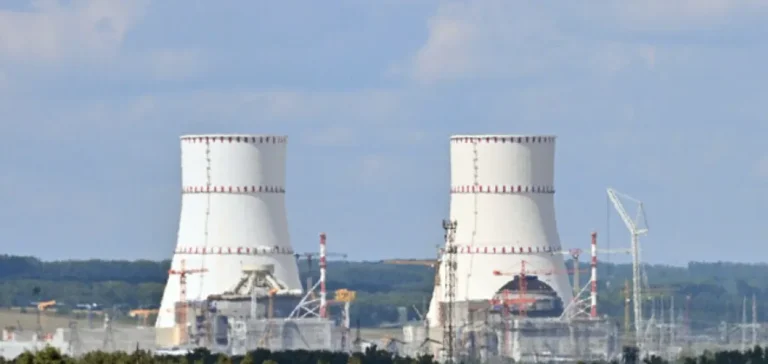During last weekend, one of the drone attacks launched from Ukraine directly hit the Kursk nuclear power plant. The drone, intercepted by air defenses, had its debris strike an auxiliary transformer, triggering a fire that was quickly contained by local emergency services. Rosatom, the Russian state-owned nuclear operator, confirmed that the output of Unit Kursk-3, a 1,000-megawatt RBMK reactor, had been reduced by 50%. No casualties were reported following the incident.
An infrastructure under security pressure
The Kursk plant consists of four RBMK units. Two have already been permanently shut down, and another is under scheduled maintenance, leaving Kursk-3 as the only reactor in service. Rosatom stated that this was the first time a drone attack had directly impacted nuclear operations in Russia. The Kursk region, bordering Ukraine, has been a frequent target of drone strikes in recent months, heightening pressure on energy infrastructure.
Increased monitoring of radiation levels
The International Atomic Energy Agency (IAEA) confirmed that radiation levels remained stable and within normal limits near the site. The agency noted, however, that it could not independently verify the exact cause of the damage. Meanwhile, Rospotrebnadzor, the Russian federal consumer protection authority, implemented reinforced monitoring, with measurements taken every two hours in populated areas near the plant.
Consequences for the Russian nuclear sector
In 2024, Rosatom had already considered a temporary shutdown of the Kursk plant due to security risks, following an armed incursion in the region. The construction of Kursk II, intended to gradually replace the RBMK units with more modern VVER reactors, was also affected. Last weekend’s incident highlights the growing vulnerability of Russian nuclear infrastructure to drone attacks, raising questions about supply security and Moscow’s ability to sustain its modernization projects under such conditions.






















